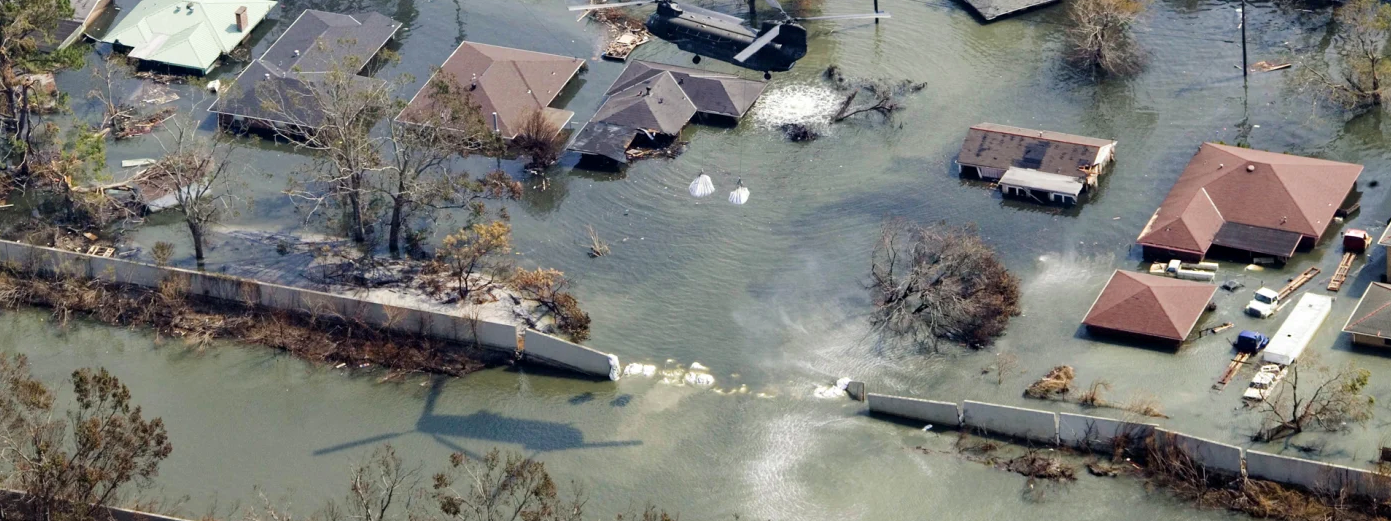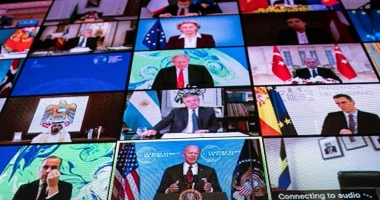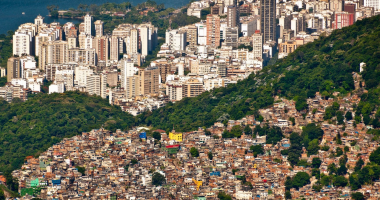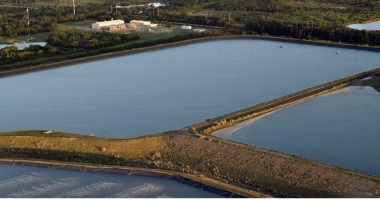Climate, Health and Equity Brief
Carbon costs, livelihoods lost, and gentrification on higher ground
March 8, 2021
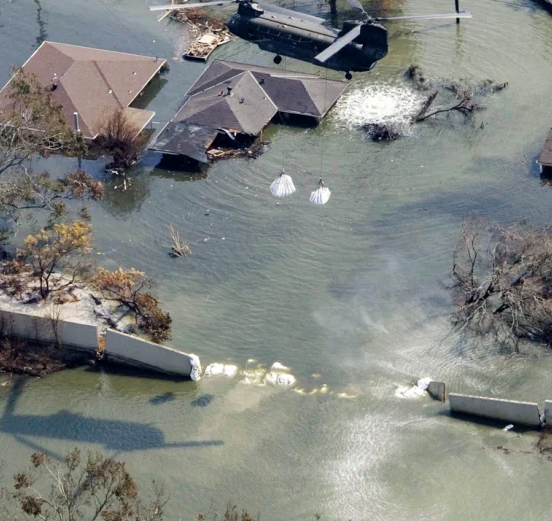
The Climate, Health & Equity Brief is GMMB’s take on the week’s news on the current impacts of climate change. If you haven’t subscribed yet, you can do so by clicking here.
Hot Topic: The cost of climate change. A decision by the Biden administration this week to raise the “social cost of carbon” to at least $51 per ton is set to impact future policies and decision-making across all government agencies. This cost represents a seven-fold increase from the price set by the Trump administration, which had downgraded the cost of carbon to $1-$7 per ton in 2017. This cost was developed to put a price tag on the global damages caused by one ton of carbon emissions—and with a higher cost in place, there will be more scrutiny on the approval of high-emitting projects such as mines and pipelines moving forward.
In the meantime, the economic consequences of climate inaction continue to spiral. In Texas, February’s severe winter storms caused farmers at least $600 million in damages as lucrative citrus trees, vegetable crops and livestock perished in the frigid conditions. And the impact of these losses will continue beyond this season. Replacement and regrowth of damaged crops will take time, and the tens of thousands of deceased cows and calves will leave gaps in production that will set back operations and impact the livelihoods of farmers for seasons to come.
Unfortunately, the monetary impact of extreme weather events can be even more pervasive. More than fifteen years since Hurricane Katrina touched down in New Orleans, the region remains at high risk for climate-fueled extreme weather. And as flood levels rise near the coast, low-income communities are being priced out of higher-elevated neighborhoods as wealthier residents migrate to areas with low flood risk, drive housing prices up and force long-time residents out.
The social cost of carbon is a reflection of the ethos of the administration that sets it, and it represents the high cost to society if we continue to rely on fossil fuels—including the toll taken by extreme heat, drought, wildfires, and floods on our health, homes, and livelihoods. Though the transition to clean energy will require significant investments, the cost of maintaining the status quo will be exponentially more expensive.
— Matt & Traci, GMMB
A note to Brief subscribers…we value your opinion, and we would greatly appreciate your feedback. Please take this 60-second survey to let us know what you like about the Brief, and what can be improved. Thank you in advance, and have a wonderful weekend!
Feel like you’re missing issues? Don’t forget to add CHandEBrief@gmmb.com to your approved senders list.
Politics & Economy
The Biden administration has changed the way the U.S. government calculates the real-world cost of climate change, increasing the “social cost of carbon” from $1-$7 per ton under Mr. Trump to at least $51 per ton, which will make it harder for fossil fuel projects to win government approval by factoring in their long-term costs to society. (The Washington Post)
A new UN report analyzing the updated climate action plans submitted by 75 of the 189 member nations under the Paris Agreement to date so far found that the commitments are only enough to achieve a one percent reduction in global emissions by 2030—far short of the 50 percent that scientists warn is crucial by that time. (The Washington Post)
New data from Texas A&M University estimates that the state’s devastating winter storms in February caused farmers to lose the equivalent of at least $600 million in citrus yield, vegetable crops and livestock. (Bloomberg)
A report released by Bill Gates’ Breakthrough Energy Sciences outlines four potential pathways to modernize the U.S. electric grid and improve the distribution of renewable energy, which could help the U.S. achieve 70 percent carbon-free electricity by 2030. (Bloomberg)
Equity
The Biden administration has rescinded a Trump-era permit for copper mining activity in Arizona’s Tonto National Forest, a sacred tribal area and crucial food source for several Indigenous groups. (Gizmodo)
A recent analysis of climate gentrification in the U.S. revealed that the Irish Channel neighborhood of New Orleans went from being 75 percent Black in 2000 to 71 percent white in 2019 after wealthy, white residents fleeing flooding-vulnerable areas of the city spurred skyrocketing housing prices in the area. (CNN)
Residents in Jackson, Mississippi—80 percent of whom are Black—continue to be without running water nearly three weeks since an unprecedented winter storm paralyzed the city’s critical utility infrastructure. (NBC News)
Health
Scientists warn that melting Greenland ice is beginning to tip the balance and distribution of hot and cold ocean currents globally, threatening faster sea-level rise along parts of the Eastern U.S. and Europe and stronger hurricanes for the Southeastern U.S., among other consequences. (The New York Times)
A recent investigation into the health impacts of fracking in Pennsylvania revealed that children living near active drilling sites have levels of toxic chemicals in their bodies up to 91 times higher than the average American. (Environmental Health News)
A new study revealed that butterfly populations, which play a crucial role in pollinating crops, are vanishing across the American West as climate change brings unseasonably hot and dry conditions into the fall months that disturb the seasonal cycle of the insects. (The Washington Post)
Action
As Interior Secretary-designate Rep. Debra Haaland’s nomination advanced to the full Senate this week, the department began making progress on President Biden’s environmental agenda by suspending drilling leases in the Gulf of Mexico and halting fossil fuel activity in the Arctic National Wildlife Refuge. (Politico, The New York Times)
Swedish automaker Volvo announced that it would completely phase out internal combustion engine vehicles and hybrids and offer only fully electric vehicles by 2030—the most ambitious all-electric goal set by a major global car company to date. (The New York Times)
Investment bank Citigroup pledged that it would eliminate greenhouse gas emissions across all of its company-wide operations by 2030 as part of a broader goal to achieve net-zero financed emissions in its lending and underwriting activities by 2050. (Bloomberg)
Kicker
Looking for a climate-themed way to celebrate Women’s History Month? Check out this podcast that celebrates women fighting climate change and pushing for environmental justice around the world.
Quote
“It’s not an investment if it’s destroying the planet.” – Dr. Vandana Shiva

)

